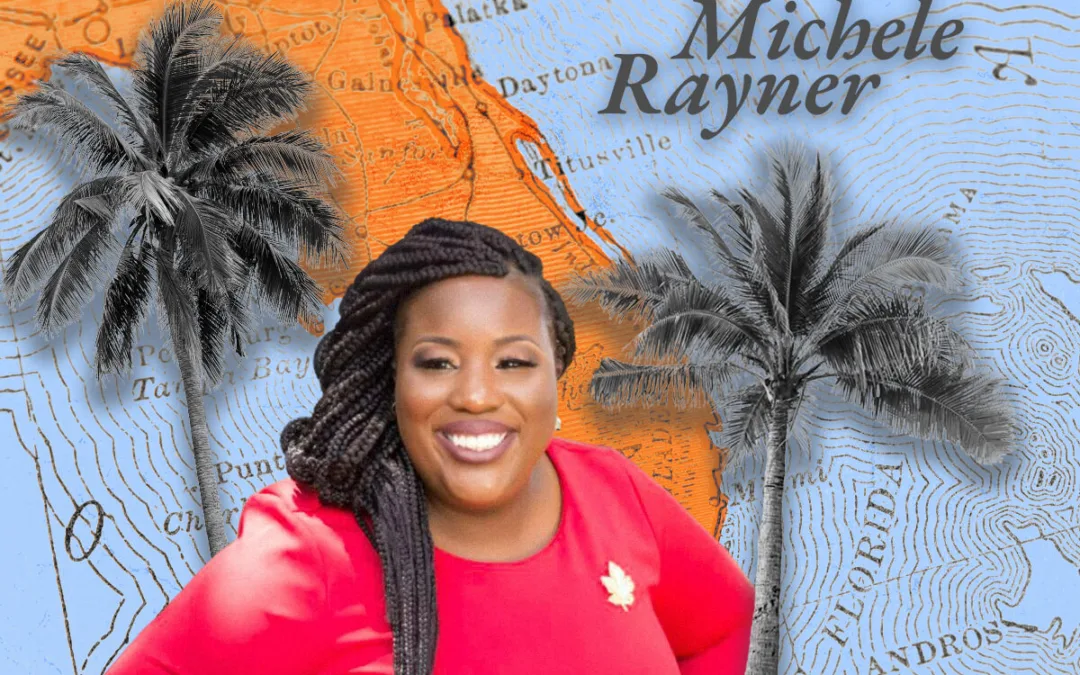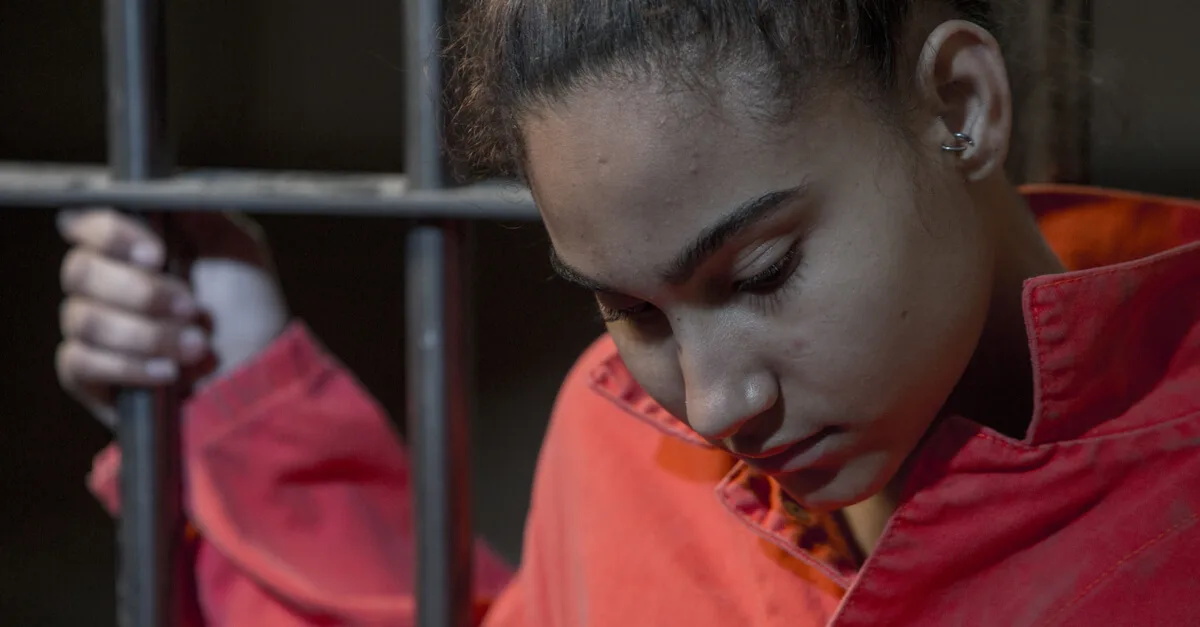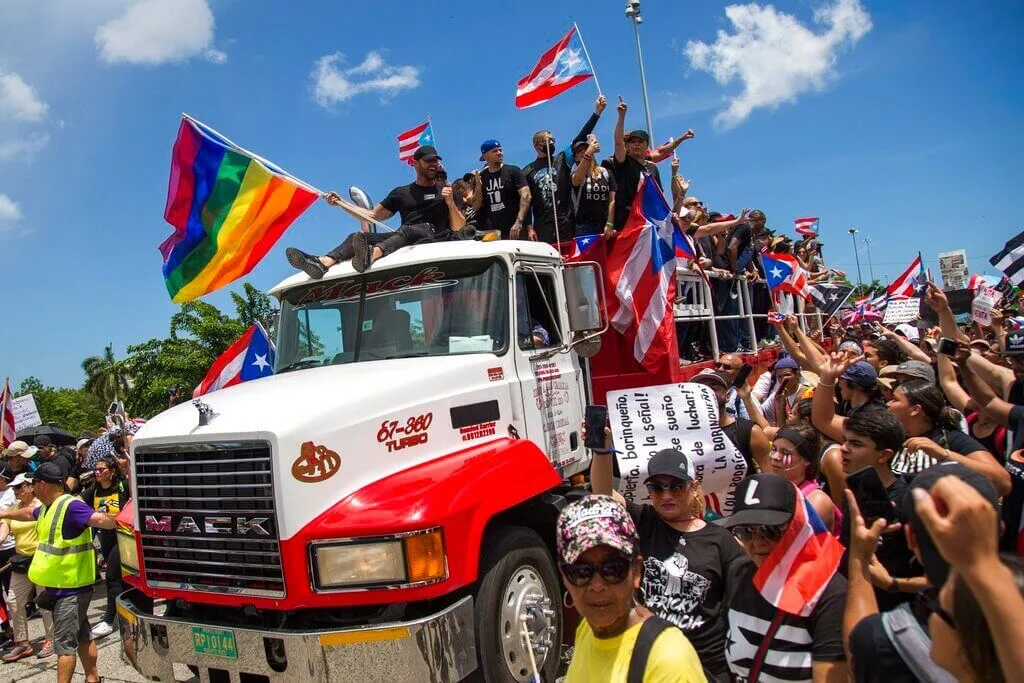
AP Photo/Jacquelyn Martin
Others might want you to stand down, avoid the good trouble: your family, your friends, the Supreme Court. As if you could.
I have been thinking of protesting lately. About the act of protesting, really. It may be that I am frustrated to realize how truly divided we are, especially after the election, two distinct camps (reason and willful fantasy) cutting eyes at each other.
Maybe it’s the pandemic and the fear of loss and death continuing on for days and weeks and months.
Maybe it is seeing us forget our anger over the racial situation that hasn’t really changed in any meaningful way.
Maybe it is all of those things making me feel it, the fear, pricking my skin from the inside, warning me that it won’t be long before our hurts and our anger overflow into the streets. Again.
And I can’t help wondering if this country, so lulled for decades into thinking itself “exceptional,” can afford to continue putting one foot in front of the other for much longer. If it can keep looking the other way when faced with a real problem our money alone will not solve.
I think not, and dread all those reasons to rise and protest that I see coming, haunting my future and that of my daughters—because, you see, something you should know about me is that I have never been one to remain silent.
My family tried to train me: Do not cry. Do not make a fuss. Do not talk back to your father even if the edges of the steel buckle on his belt just sliced off a bit of skin, left flesh you can see, bright pink, in the midst of so much purple.
To be respectful in the house in which I grew up (like Gandhi, I will not call it a home), meant you knew better than to “make a show.” You didn’t “make yourself” the center of attention by being dramatic, crying, complaining, or protesting. You “held it in” and became an accomplice, normalizing the violence all around you.
Later, as a young working adult, I never complained to Human Resources staff. About anything. An employee who visits the company’s HR office is shunned, reprimanded, and, eventually, when enough time has worn off and retaliation is not as clear cut, fired, or demoted. Your position? Eliminated. For trying to unionize, the reprisal is quicker, more brutal: mass firings. You’ve committed the biggest sin. You took the protest outside, made it public, collective. How dare you? “Calladita te ves más bonita” is how that saying goes.
A woman abused by her husband can live in his violence for years. But when she protests by denouncing him or getting a restraining order, she runs the risk of becoming the 1 in 5 women murdered by an intimate partner after receiving court protection. Patriarchal societies do not stand for inferior members who go public, make their protest official, more difficult to cover up.
Is it any wonder that even now, well past middle age, I censor myself? That I dread my own anger, my inability to take it all sitting down in silence?
RELATED: Protesters: Defund Police. Politicians: Eh, Not Yet.
For the victimized, for the oppressed, it is the ultimate catch-22: Do not protest. But if you do, it will matter whom you denounce. When it’s your family or the company you work for, they’ll say you want attention. You’re exaggerating. You were incompetent, not a team player. Things were not as bad as your oversensitive sensibilities want to make people believe. You’re unseemly. Unladylike. Ridiculous. So inappropriate.
But when it is the state you are rising against? The government?
Then you better be ready because, unmasked, the state will (quickly) go from unnamed co-conspirator in all systemic abuse—private and public—that you’ve ever faced to full-on enemy. I am not just talking about the United States. I am talking about government by definition.
You are no longer you. Your protest needs to quickly become a crime so you can be properly repressed. You will have to become a criminal. A looter. A dangerous radical. How else can authorities make it okay to persecute you? You and your dangerous complaints, dangerous because they sound so just, so obvious. Minds could be changed and minds are the currency of the state.
And yet, the opposite of protest is indifference. This is why people only do it when there is no other alternative, when indifference is unfathomable.
It hurts too much to protest the source of the life you prize. It isolates you too quickly (at least until the rest catch up and you become a hero); you are stigmatized unwaveringly, shown to be selfishly causing unnecessary disruption. (I can still close my eyes and almost hear my aunt whispering, “Leave it alone. Why do you have to cause trouble for your mother?”)
You protest the state when an event pushes you—no, kicks you forward—the words of Elie Wiesel somewhere in your head: “Always take sides. Neutrality helps the oppressor, never the victim. Silence encourages the tormentor, never the tormented.”
Soon something will happen. Another innocent Black person will be killed, another systemic betrayal will be uncovered. And it will be us out there. We will be “the looters, the criminals, the terrorists.”
Collectively, we will be designated a mob, the names under which we organize something nefarious in the way Black lives matter, a simple truth, became an insult to people not crazed by pain. You’re so angry. So misguided.
None of this is new. Oppression has become so brazen, here and around the world, the outlines of a trend, quickly emerging. In March of 2016, the organization Human Rights Watch launched a campaign titled “Good Girls Don’t Protest” to highlight the higher level of repression female activists suffered in Sudan while protesting gender violence.
By 2017 in the United States, state legislators in 20 states had proposed legislation outlawing or restricting the right to protest. And I don’t have to tell you about 2020. You were there and as a result of so much force used against peaceful protestors caught on camera, there are quite a few efforts attempting to salvage freedom of speech ongoing as I write.
So why am I telling you all this? Because it is not over. It is never over. It will be something. Climate change. Gender Violence. Racial injustice. If you’re like me, I want you to be prepared, because you will not be able to stay home and be quiet.
Others might want you to stand down, avoid the good trouble: your family, your friends, the Supreme Court. As if you could. You, who have never been okay just shutting up and dribbling. And why should you be?
As Audre Lorde once said, “Silence will not protect you.” Instead, speaking up against the systemic abuse of others just might be the only thing that saves us all in the end.
RELATED: A Latina Teen Organized a Black Lives Matter Protest in a Conservative Texas Town. Over 1,000 People Showed Up.
Politics

Teamsters and UPS Reach Tentative Deal to Avoid Strike, 340,000 Workers to Get Raises
The tentative deal represents a huge win for full- and part-time UPS Teamster workers, who would get significant pay raises and better working...



One Republican Senator Is Blocking 265 Military Promotions, Leaving the Marines Without a Confirmed Leader
Sen. Tommy Tuberville's decision means these military officers are not getting the pay raises they’re owed, cannot move their families to wherever...
Local News



Teamsters and UPS Reach Tentative Deal to Avoid Strike, 340,000 Workers to Get Raises
The tentative deal represents a huge win for full- and part-time UPS Teamster workers, who would get significant pay raises and better working...



One Republican Senator Is Blocking 265 Military Promotions, Leaving the Marines Without a Confirmed Leader
Sen. Tommy Tuberville's decision means these military officers are not getting the pay raises they’re owed, cannot move their families to wherever...




